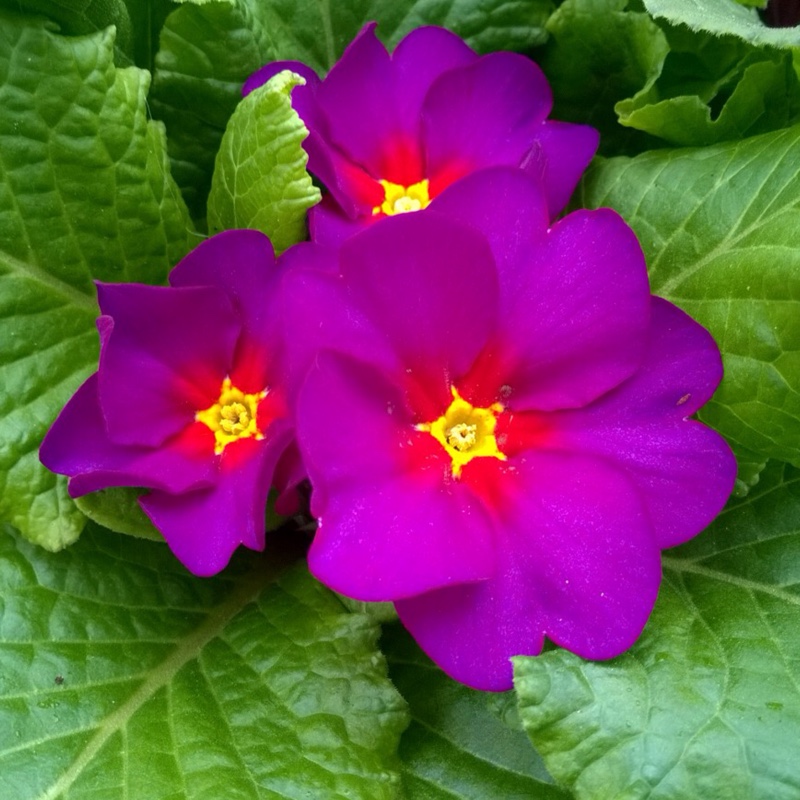
Primula vulgaris 'Husky Pheasant Eye'.
Primrose 'Husky Pheasant Eye'.
Primula, or Primrose are plants that have the same shape and habit as the wild primrose, having individual, fragrant, flowers on a stem that, when picked, another bud growsF1 Husky is a late flowering type that bears umbrella shaped clusters of purple, red and yellow flowers on upright stems.
Contributed by @robbiec
-
Full sun to partial shade
-
Occasional watering
-
Full Frost Hardy: 5F (-15°C)
-
Moist and free draining
Common name
Primrose 'Husky Pheasant Eye'.
Latin name
Primula vulgaris 'Husky Pheasant Eye'.
type
Herbaceous Perennials
family
Primulaceae
ph
5.0 - 7.0 Acid - Neutral
Plant & bloom calendar
-
Best time to plant
full grown dimensions
 0.20 M
0.30 M
0.20 M
0.30 M
Primula vulgaris 'Husky Pheasant Eye'.
Primula, or Primrose are plants that have the same shape and habit as the wild primrose, having individual, fragrant, flowers on a stem that, when picked, another bud growsF1 Husky is a late flowering type that bears umbrella shaped clusters of purple, red and yellow flowers on upright stems.
Planting young plants
From Early Autumn TO Mid Spring
Alpine varieties require a humus rich, well drained soil and are suitable for rock gardens or alpine houses. Border primulas require more moisture and should be grown where the soil does not dry out or where they can be watered when necessary. They are ideal for bog gardens and waterside planting. Plant border primulas between mid Autumn and mid Spring in full sun or partial shade, incorporating peat or well decayed manure. Plant alpine varieties between early Autumn and mid Spring in sun or partial shade, adding leaf mould or extra gritty sand where necessary.
Propagation by division.
From Mid Spring TO Early Summer
Most primulas can be divided after flowering and planted directly into their flowering position.









